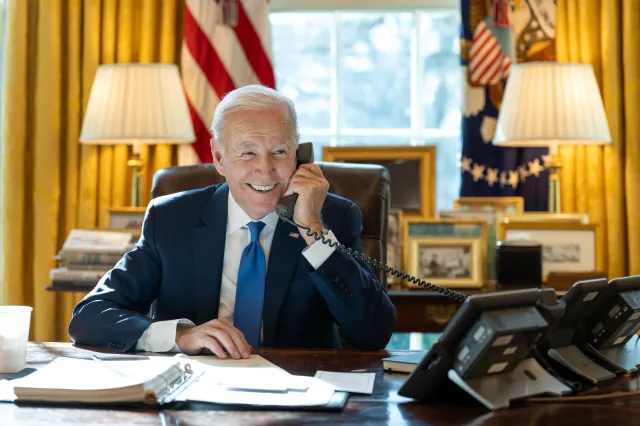In a surprising political shake-up, President Joe Biden announced on Sunday that he is ending his bid for re-election. This unexpected decision brings a sudden close to Biden’s five-decade-long political career and dramatically alters the landscape of the upcoming presidential race, just four months before Election Day.
At 81, Biden has faced increasing scrutiny from within his own party, with many Democrats expressing concerns about his health and ability to win against former President Donald Trump in the November election. Despite efforts to rally support, the growing sentiment that he was too frail to continue ultimately led to his decision to step down from the race.
BREAKING: President Joe Biden dropped out of the 2024 presidential race on Sunday, July 21, throwing the general election into a state of uncertainty with mere months until November.
More here: https://t.co/9A0QQRFktz | ?: Getty pic.twitter.com/q3dRVG9cQC
— People (@people) July 21, 2024
Biden’s announcement has left the Democratic Party scrambling to find a new candidate to challenge Trump, who remains a formidable contender. The timing of Biden’s withdrawal poses significant challenges for the party, which now must quickly coalesce around a new leader capable of uniting its diverse factions and mounting a strong campaign against the Republican frontrunner.
This development also raises questions about the future of Biden’s policy initiatives and the legacy of his administration. With the race now wide open, potential Democratic candidates are expected to announce their bids in the coming days, setting the stage for a fiercely competitive primary season.
Biden’s exit marks a pivotal moment in American politics, signaling the end of an era and the beginning of a high-stakes battle for the White House. As the nation watches closely, the decisions made in the next few weeks will shape the direction of the country for years to come.

